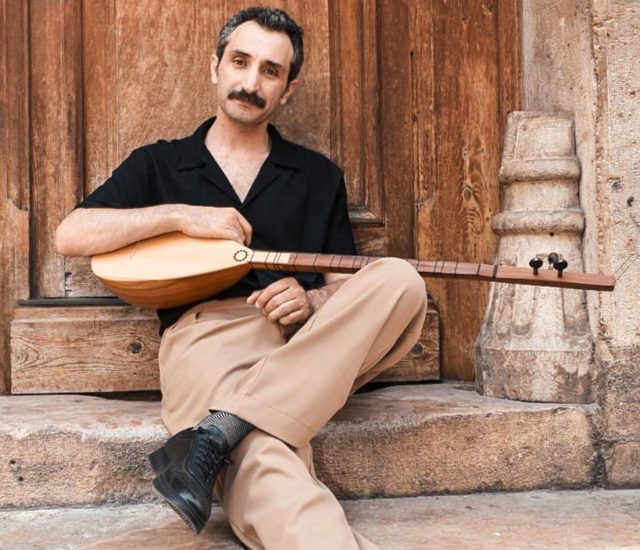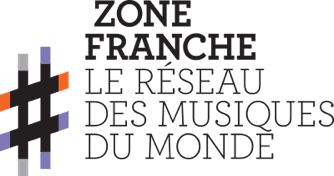A few days ago, the album Kiğı by Ali Doğan Gönültaş, was selected as the best album of Traditional Ethnic Music of the forth quarter of 2023 in the list in the Preis der deutschen Schallplattenkritik, the prize of the association of German Records Critics. The album ends with an instrumental piece, Khalo Gağun, related to the tradition of several peoples from Eastern Anatolia and Mesopotamia, for the end of the year. As 2023 will end soon, I talked with Ali to get deeper into this piece.
Araceli Tzigane:
The last piece of your album Kiğı is Khalo Gağun, that is translated as the “Elder of Winter”. You told me that this piece is related to a tradition of the end of the year for your community. I have several questions. Which people celebrates this festivity? I mean, it is related to Kurdish people in general or with Alevis or with all the peoples in a specific geographical region?
Ali Doğan Gönültaş:
This tradition has existed in different geographies for different purposes. It is known to date back to the pagan period in Anatolia and Mesopotamia. Anatolian Christians associate it with St. Nicholas.
Araceli Tzigane:
Is this music used nowadays, in the real context (I mean, in any ritual use, not just for the art itself)?
Ali Doğan Gönültaş:
Today it has a purely symbolic meaning. For example, Alevi Kurds associate this tradition with their sacred figure Xızır. The beginning of the Alevi religious calendar begins with Gağun on December 21.
Arabs and Laz also continue this tradition, albeit symbolically. However, this tradition is most widespread in Dersim and its surroundings.
This is the melody people in my village used to play for Khalo Gağun. And today it’s almost never used. It’s just simple repetitions played on the drum. It is the Kurdish Alevis who keep Gağun alive in music. At least as far as I know, only Alevis use it in music. So far I have heard three different melodies related to Khalo Gağun and they are all different.
Araceli Tzigane:
Where did you learn the melody from?
Ali Doğan Gönültaş:
I heard this melody in 2009 during the Khalo Gağun celebrations in Esenyalı, Istanbul. My uncle was playing this melody with his tembur.
Araceli Tzigane:
Are there other melodies or songs related to Khalo Gağun?
Ali Doğan Gönültaş:
Yes, there is it. Dersim Alevis have another melody that they play in a different form, mostly accompanied by the dahol and zurna. In Hınıs, Erzurum, another melody is used for Khalo Gağun. They all resemble each other in form.
Araceli Tzigane:
How did you work on the arrangements of Khalo Gağun in the album? Is it very close to the traditional sound?
Ali Doğan Gönültaş:
I wanted to be as close as possible to the original melody in the arrangements. One of the rawest arrangements on the album is for Khalo Gağun. I only added short passages of the same scale to that melody. In this song I didn’t use any instruments other than the tembur and traditional drums (dahol).


